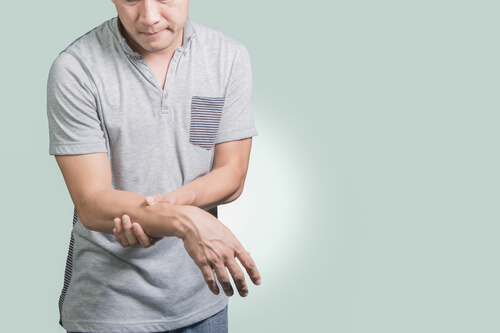 A stroke refers to an attack of the brain. This attack can occur at any time and can affect people who otherwise seem completely healthy. A stroke happens when blood flow to a part of the brain is cut off. When this occurs, the brain cells are deprived of vital oxygen and as a result, they start to die. When the brain cells die, the abilities that are controlled by that portion of the brain are lost.
A stroke refers to an attack of the brain. This attack can occur at any time and can affect people who otherwise seem completely healthy. A stroke happens when blood flow to a part of the brain is cut off. When this occurs, the brain cells are deprived of vital oxygen and as a result, they start to die. When the brain cells die, the abilities that are controlled by that portion of the brain are lost.
These abilities can include muscle control and memory.
The manner in which a person is affected by a stroke depends on the part of the brain that is affected and how much damage is done. For instance, a person who suffered a small stroke might only experience minor issues, such as temporary weakness in a limb or short term memory loss that only lasts for a period of time. Someone who has a larger stroke may become permanently paralyzed on one half of the body, may have a severely impaired memory, or may lose the ability to speak.
In the United States, strokes are the fifth leading cause of death. If you notice a loved one is exhibiting one of these 16 signs, there is a strong likelihood that he or she has suffered a stroke.
1. Weakness on one side of the body
It is not uncommon for a stroke to affect one side of the body and not the other. If this occurs, the victim will likely have difficulty lifting a leg or arm, may not be able to make a fist, or will have a difficult time grabbing onto objects. The reason a stroke can cause weakness on one side of the body has to do with the side of the brain that was affected. This type of stroke is referred to as hemiparesis. Damage to the left side of the brain will cause weakness on the right side of the body and vice versa.


